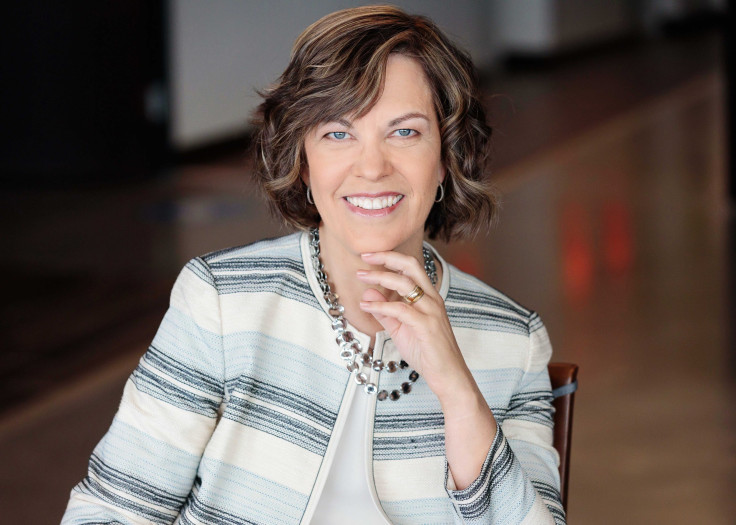Is Servant Leadership Finally Catching On?
Former Popeyes CEO lights the way for the next generation of caring capitalists.

I believe there has been significant adoption of the principles of servant leadership since I first talked about this some 15 years ago. At that time, there were virtually no contemporary books or articles on the topic. Robert Greenleaf, the writer of many essays on the topic, had passed away in 1990 and few knew his name. A few people tried to resurrect the conversation--like the book “Seven Pillars of Servant Leadership” by James Sipe and Don Frick--but didn't get much traction. It seemed that servant leadership was "on the way out ..." This state of affairs led me to write my book, “Dare to Serve,” to encourage people to consider servant leadership through a case study approach.
So, today, if you define servant leadership as "counting others as more significant than yourself," I think the conversation is now very rich. Some call it a service mindset. Some call it conscious capitalism. Some say Triple Bottom Line. Now, there is broad interest in the idea that creating a place where people thrive is essential to performance results, and that means a place where leaders act with care and concern toward their teams.
The primary reason for my optimism is servant leadership is catching on in next generation leaders. They watched the leadership approach of the boomers and said, "I think we can do better." There is much we can learn from boomer leaders but, as a whole, they were guided by self-interest. How much money can I make? How fast can I get to the top? It was all about “me."
Their children, the millennial generation, has basically said, “We are going to approach work and life differently. And we are going to lead differently.” They are seeking purpose. They are seeking collaboration. They are seeking to be understood, valued and respected. I, personally, think this generation has great promise--and could lead further adoption of a service-minded leadership.
We need to inspire more servant leaders
We need more servant leaders to claim the approach and show us case studies of its positive impact on the people and the performance of the company. I wrote just one of these from the Popeyes experience. But we need dozens of stories evidencing the positive impact of setting aside self-interest for the benefit of the people and companies that have been entrusted to our care. Servant leaders who will role model the combination of courageous vision--with the humility of service toward their stakeholders--show us a better path forward.
In the restaurant industry, it is Chick-fil-A to be sure (full disclosure: I sit on its board of directors.) In many sectors, it is the entrepreneur who is starting new companies with a new set of values and leadership practices that look more like servant leadership--as we saw with the launch of TOMS shoes (Blake Mycoskie) and Sseko leather bags (Liz Bohannon) and Thrive Farmers (Michael Jones).
But to be honest, I'm worried about our large corporations and institutions. Where are the servant leaders in the auto industry, in pharmaceuticals and in technology? I know a couple: Pat Gelsinger at Intel and Doug McMillon at Walmart. But we need many more. And what about other institutions, such as universities? I know one: Dr. Idie Kesner, dean of Indiana University's Kelley School of Business (my alma mater). But we need many more.
When I speak to young leaders, I acknowledge their love of the entrepreneurial opportunity, but I ask them not to forget about large, complex organizations as well. There are huge opportunities ahead to be servant leaders who touch thousands of lives in our country and around the globe.
Let's encourage more to join the movement!
(Cheryl Bachelder is a director at US Foods, Chick-fil-A)
© Copyright IBTimes 2025. All rights reserved.






















